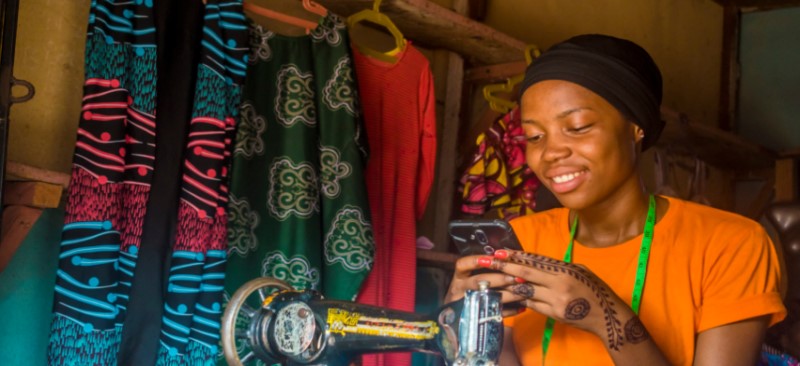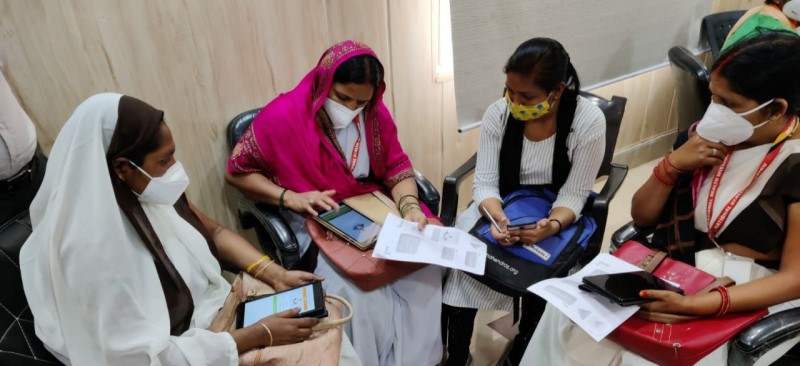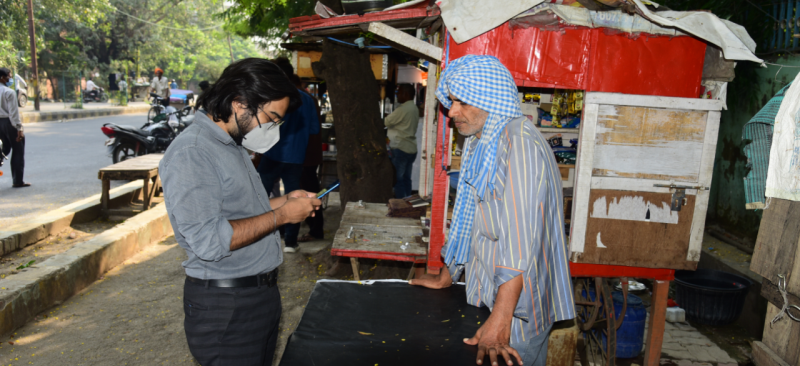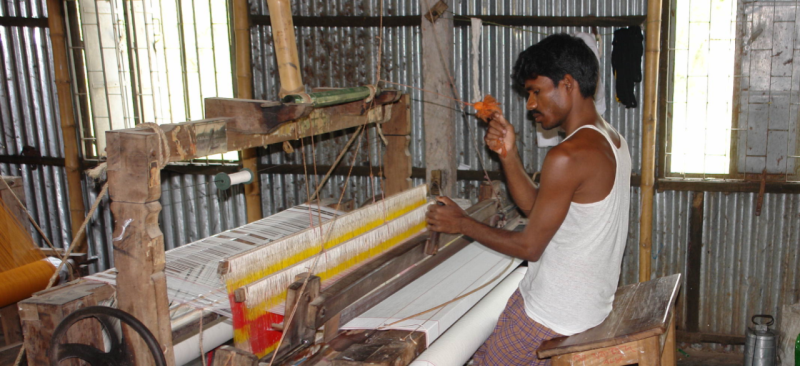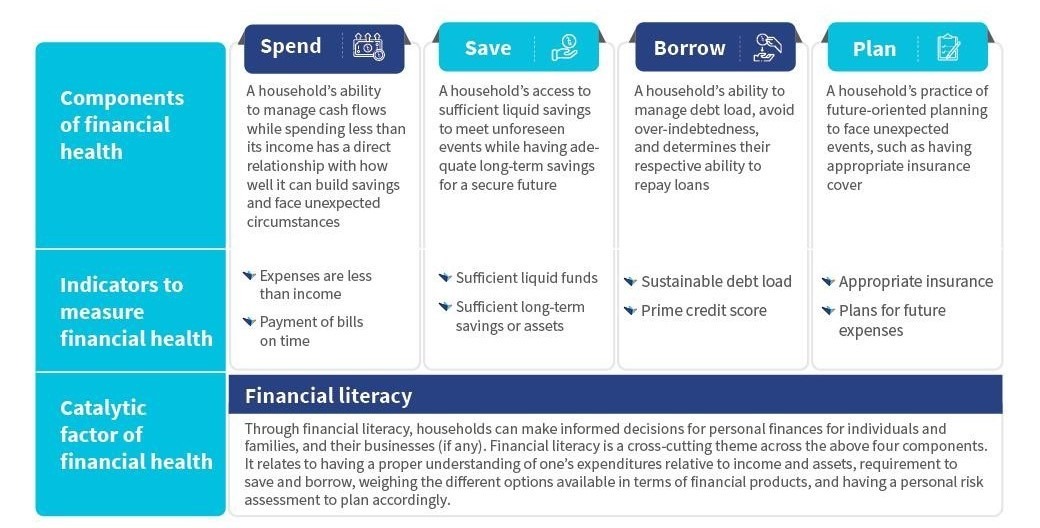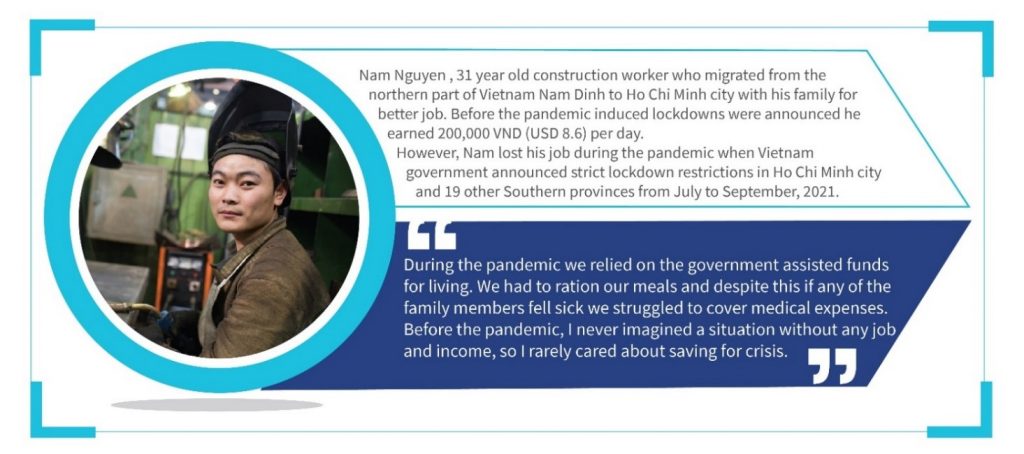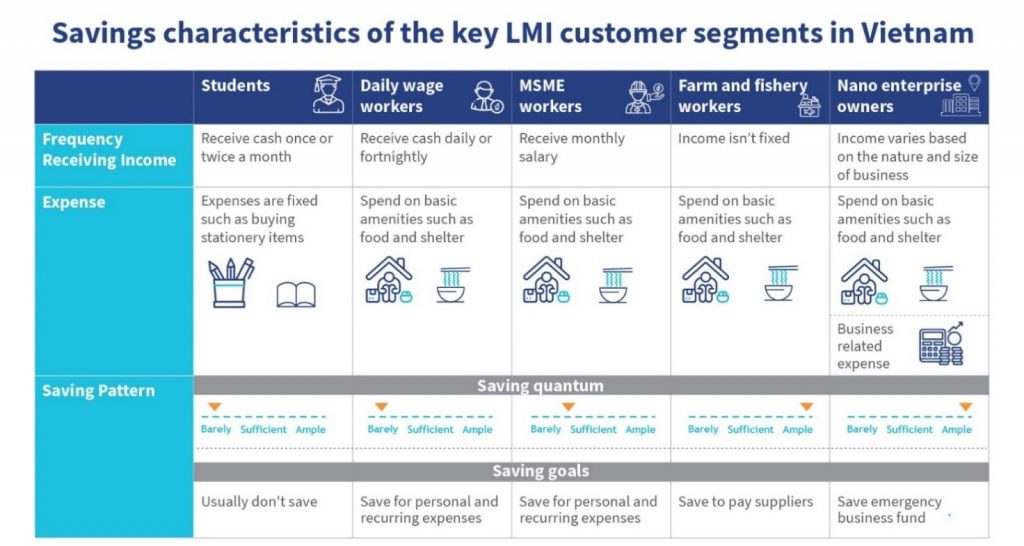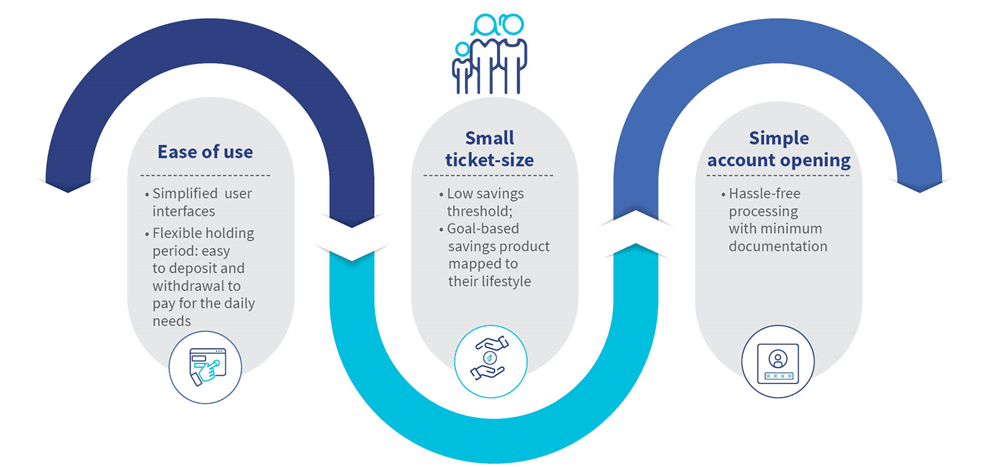MSC thanks Chris Maclay, Director of Youth Employment at Mercy Corps, for his time and viewpoints regarding the Jobtech ecosystem in Africa.
Most young people in Africa currently face an uncertain future. The African Development Bank reports that each year, while 10 million–12 million youth enter the workforce, only 3 million formal jobs are created. As a result, many young Africans seek work in the informal sector without legal and social protections.
The informal sector in urban Africa accounts for 85.8% of jobs. Moreover, it is the primary source of employment and the backbone of economic activity. Although we look forward to a day when formal work opportunities in Africa will be abundant, informal work is not going away any time soon. Accordingly, the emergence of digital job-matching platforms has given development practitioners and economists a reason to be optimistic. Many see these platforms as an essential source of job discovery for African youth and a progressive onramp to formalization.
The ubiquitous use of digital platforms to connect consumers with contractors that provide short-term services is nothing new, particularly in developed countries with a burgeoning middle class. Such services include transportation (Uber or Lyft), home services (TaskRabbit), grocery (Instacart), and food delivery (Postmates and DoorDash). These digital platforms remain viable and scalable in developed markets based on their “winner takes all” business model. It involves thin margins, deep-pocket investors, and enormous user bases monetized at later stages by adding ancillary services. A single company receives most of the available profits, a few others receive a modest share, and the remainder fight over what is left and do not survive long.
However, digital platforms have not performed in African markets despite dramatic growth and monetization in developed economies like the United States. Aside from some digital platforms, notably ride-hailing apps and delivery services, many have failed to scale across the continent or outside of specific African markets. Moreover, when digital platforms scale, they often do so at the expense of the quality of workers’ lives. Unlike more developed markets, Africa is characterized vastly by different educational, economic, and regulatory ecosystems, which influence the digital platforms’ viability, sustainability, scalability, and success.
This blog is the first of a two-blog series examining the Jobtech market in Africa. Here, we explore some of the systemic constraints that hinder the sustainability and scalability of job-matching platforms in Africa.
Oversupply of labor: Africa’s informal sector saw significant growth over the past decades. This growth was driven by technological and macro-economic trends, including the closure of many state-run industries, a shortage of employment and labor law regulations, increasing skill mismatch, and the difficulty of starting and running a business in Africa. These trends resulted in an oversupply of low-skilled workers who recently gained access to mobile phones and the Internet. Many of these low-skilled workers have flooded the job-matching platforms in search of informal work. As a result, supply has surpassed demand for services, resulting in downward pressure on pay and infrequent or inconsistent opportunities, or both, for work.
According to the ILO, most workers on online web-based platforms (86%) and delivery platforms (69%) expressed the desire to do more work. Yet, they cannot obtain extra gigs because of excess labor supply and scarcity of tasks. The platforms cannot provide consistent, predictable, and reliable work, which leads to distrust. As a result, these platforms grapple with demonstrating tangible value to workers. People join these platforms primarily because they need more work quickly. If the platforms cannot deliver on this, workers struggle to buy into the business model, making non-platform mediated work preferable.
Lack of demand: Household economics often hampers the demand for services provided by the digital job-matching platforms in Africa. For instance, local platforms, such as Lynk and Fundis, have shared that their business models were initially targeting countries with a perceived growing middle-class population. The more developed markets in the U.S. and Europe have a sizeable middle class with discretionary income to use such services, which is partly why these platforms have taken off. However, a study conducted by Mercy Corps revealed that countries like Kenya had limited demand from this population group—they lacked the disposable income to purchase the services of gig workers. This situation poses a significant challenge, and the lack of sufficient demand prevents these digital platforms from scaling.
Unit costs: Most successful startups in African markets thrive by drastically reducing costs. Since the startups are compelled to remain competitive and drop prices, many digital platforms in Africa cut the main cost of labor, which impacts the workers. In informal markets like Africa with lax enforcement of minimum wage, platforms that seek to be transparent risk their reputations by paying rock-bottom wages. As a result, digital platforms struggle to sustain demand for their services when consumers realize they can buy the same service for much less on the “informal market”—outside a job-matching platform. The higher unit costs make profitability less attainable. In contrast, most of the labor force in the U.S. and Europe is regulated by labor laws due to the large formal sector. Accordingly, wage arbitrage is not a challenge, and platforms in these developed countries do not face much pressure to run down labor costs.
Further, operational costs drive up unit costs for the platforms. Platforms in Africa, such as Lynk, must incur additional costs to deliver a consistent experience to consumers. Such costs are associated with vetting workers and standardizing work procedures, among other factors. Although these investments facilitate a reliable experience for the customer, they increase costs for the platform, thereby limiting scalability.
All the factors discussed in this blog emphasize the need for business models that are inherently profitable on an individual transaction basis or have built-in monetization measures, or both, early in a company’s lifecycle. In the next part of this blog series, we will suggest ways to design platforms optimally while accounting for the dynamics of African markets.
